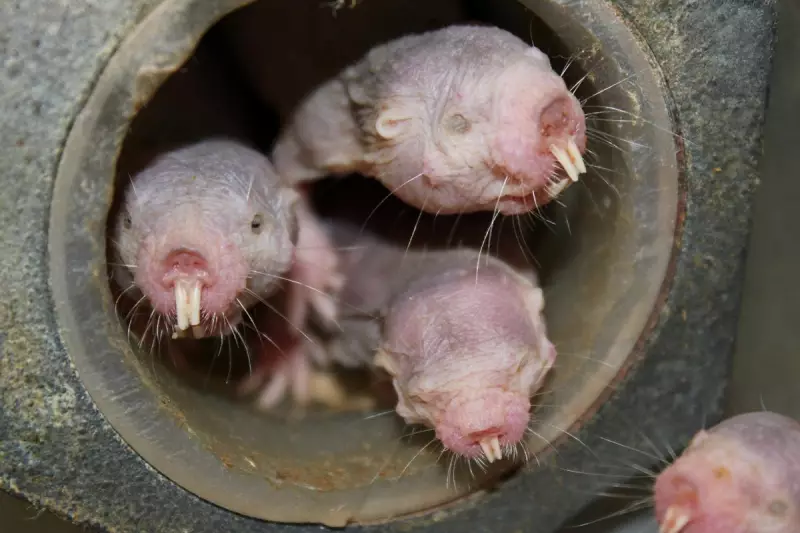
In what could be a landmark discovery for ageing research, scientists have uncovered the remarkable biological secret behind naked mole rats' extraordinary longevity and resistance to age-related diseases.
These unusual-looking rodents, native to East Africa, routinely live for more than 30 years while showing minimal signs of ageing – an incredible feat for such small mammals. The key lies in their sophisticated cellular defence system that prevents the chronic inflammation driving human ageing.
The Cellular Guardian
Researchers at the University of Cambridge have identified a specific mechanism called cGAS-STING that naked mole rats have perfected over millions of years of evolution. While humans possess the same system, the mole rat version operates with far greater precision.
"These animals have evolved a super-efficient DNA repair process that kicks in immediately when damage occurs," explained the lead researcher. "It's like having a team of microscopic repair technicians constantly monitoring and fixing cellular damage before it can cause problems."
Beyond Cancer Resistance
While naked mole rats' famous cancer resistance has been studied for years, this new research reveals their anti-ageing capabilities are even more impressive. Their cells maintain youthful function throughout their exceptionally long lives, avoiding the cellular senescence that plagues human ageing.
The study demonstrates that when mole rat cells detect DNA damage, they trigger a controlled, temporary inflammatory response that efficiently repairs the problem without causing the chronic inflammation associated with human age-related conditions like arthritis, cardiovascular disease and neurodegeneration.
Human Applications on the Horizon
This discovery opens exciting possibilities for developing new therapies that could help humans age more healthily. Researchers are now exploring ways to adapt these biological mechanisms for human medicine.
"Understanding how nature has solved the problem of ageing in other species gives us valuable blueprints for addressing human age-related diseases," the research team noted. "While we're not suggesting people will soon live to 150, we are optimistic about developing treatments that could extend healthspan – the period of life spent in good health."
The findings, published in Nature Aging, represent a significant step forward in longevity research and could eventually lead to interventions that help maintain cellular youthfulness throughout human life.





